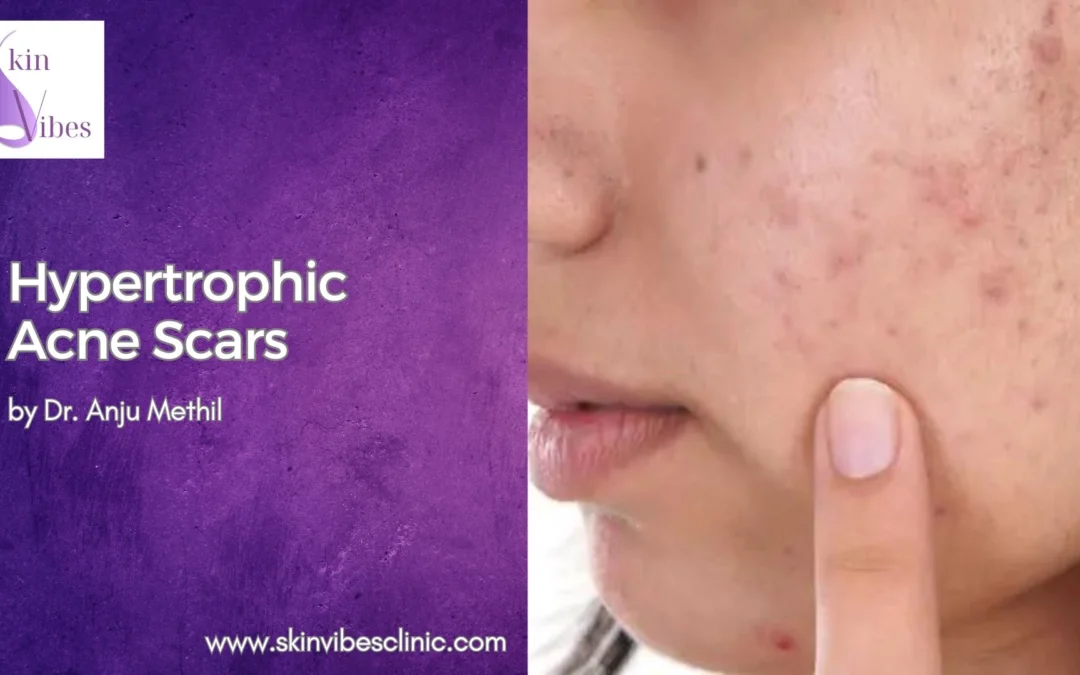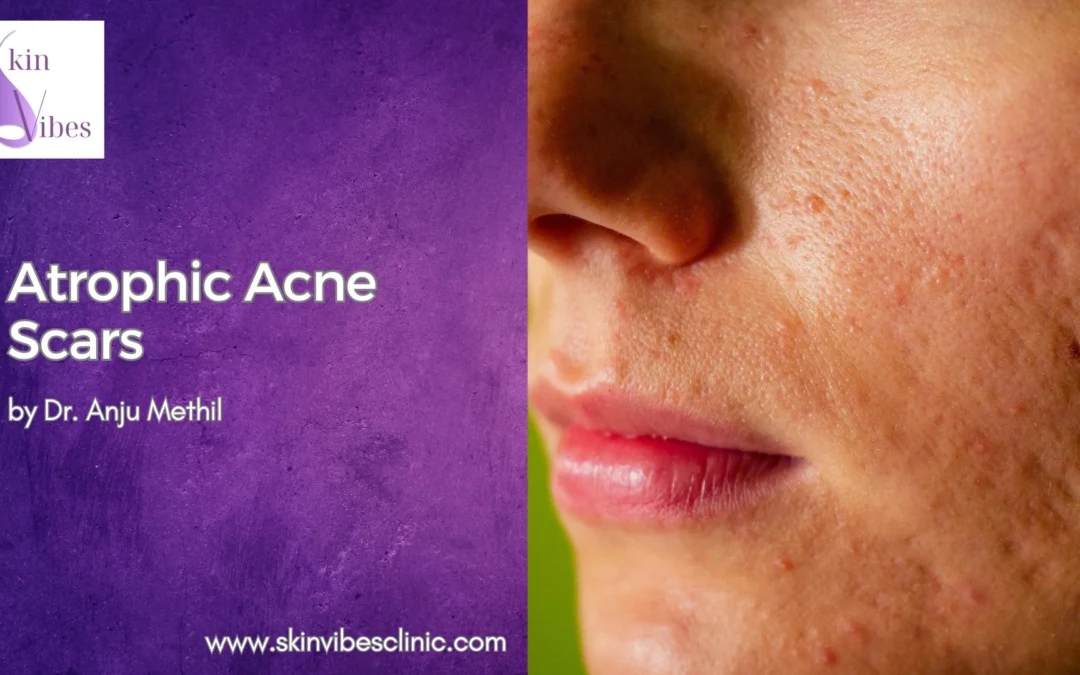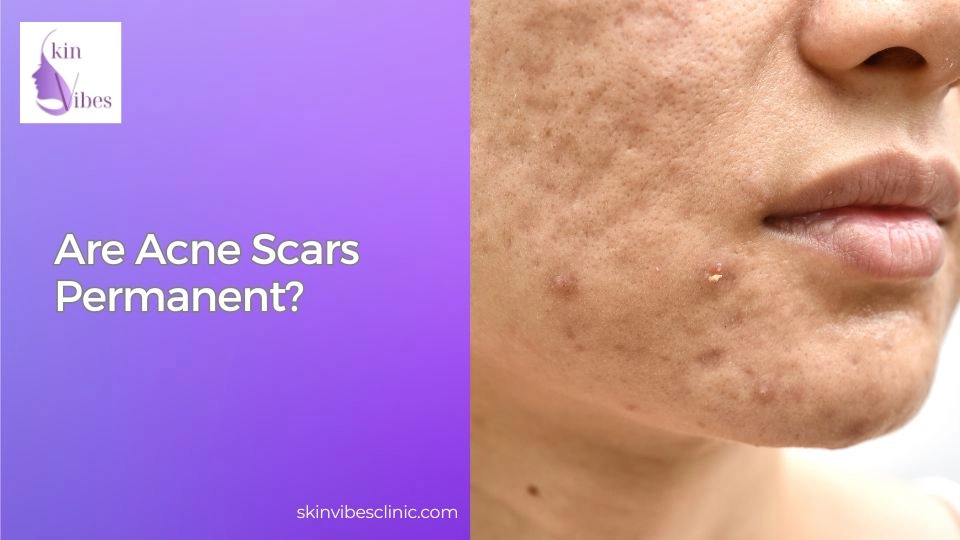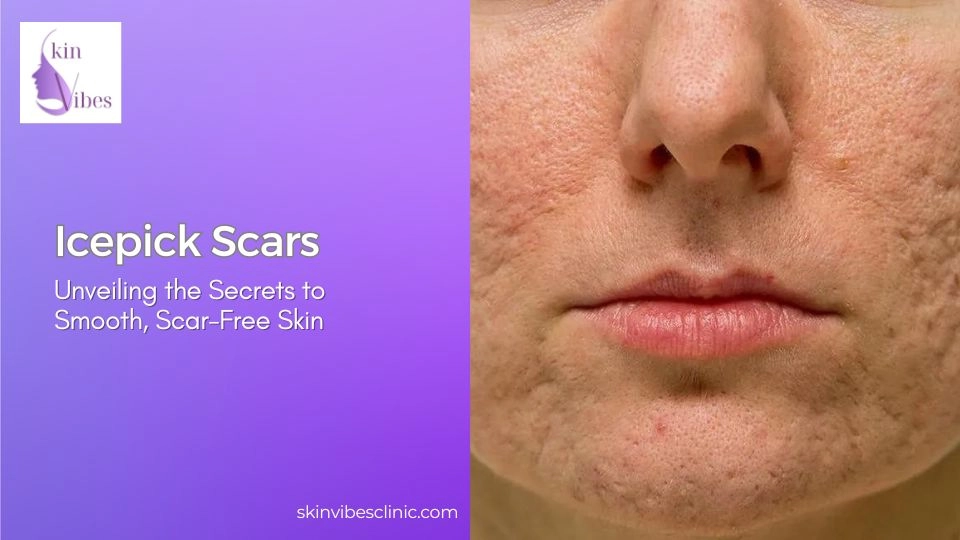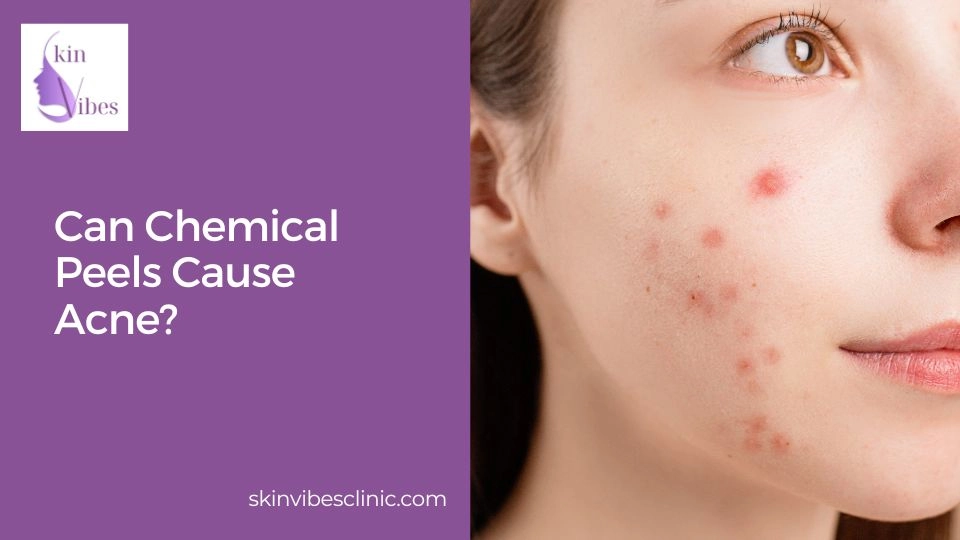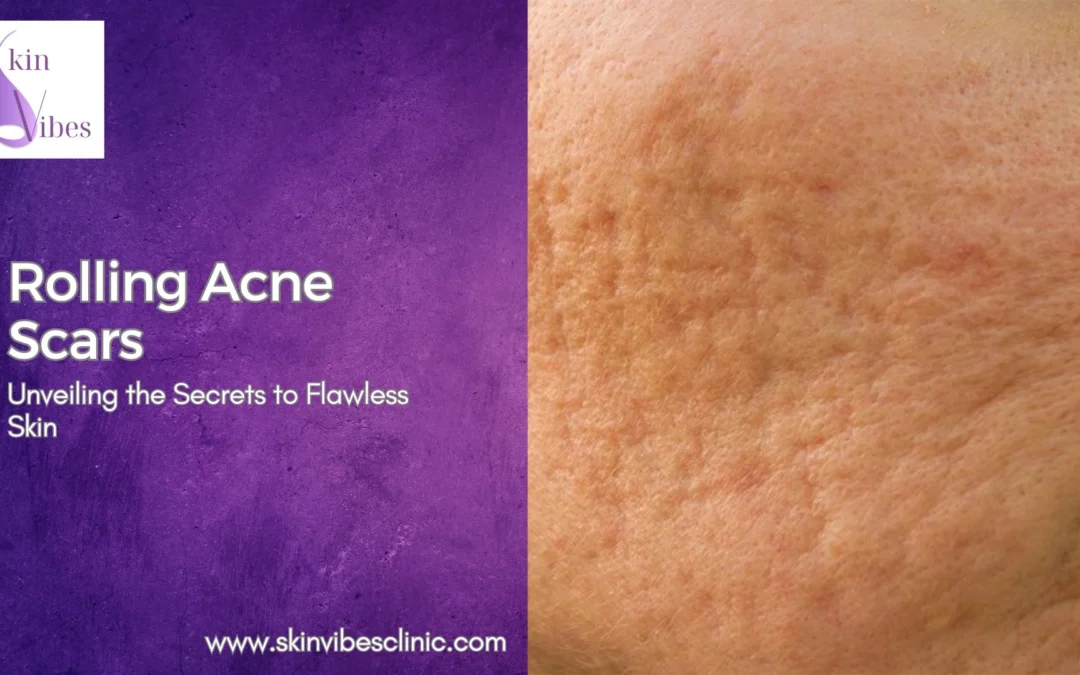
Rolling Acne Scars: Unveiling the Secrets to Flawless Skin
Rolling Acne Scars by Dr. Anju Methil, Skin Vibes Clinic is a common concern for many individuals. These scars, often caused by untreated or poorly managed acne, can be a source of frustration and decreased self-confidence. However, the good news is that there are effective treatments and solutions available to help you regain your smooth and clear complexion. In this article, we will explore the world of rolling acne scars and how Dr. Anju Methil at Skin Vibes Clinic can be your partner in achieving beautiful, scar-free skin.
Dealing with acne scars can be a challenging journey, but with the right guidance and expert support, you can regain your confidence and achieve the skin you’ve always dreamed of. At Skin Vibes Clinic, Dr. Anju Methil is a renowned specialist in treating rolling acne scars. With years of experience and a proven track record, she offers personalized solutions that can truly transform your skin. Let’s delve into the details of rolling acne scars, the available treatments, and the expertise of Dr. Anju Methil at Skin Vibes Clinic.
Understanding Rolling Acne Scars
Rolling acne scars are a type of atrophic scar that causes the skin to appear uneven or wavy. They result from the loss of collagen and elastin in the skin during the healing process of acne. These scars can be particularly challenging to treat, but with the right approach, they can be significantly improved.
Causes of Rolling Acne Scars
The development of rolling acne scars can be attributed to several factors:
- Untreated Acne: When acne is not properly managed or treated, it can lead to the formation of scars.
- Genetics: Your genetic predisposition can influence how your skin responds to acne and the scarring it may leave behind.
- Inflammation: Severe acne inflammation can increase the risk of scarring.
- Picking or Squeezing Pimples: This can worsen inflammation and lead to scarring.
Treating Rolling Acne Scars
Dr. Anju Methil at Skin Vibes Clinic offers a range of effective treatments for rolling acne scars, including:
- Micro-Needling: This procedure stimulates collagen production, leading to smoother skin.
- Chemical Peels: Chemical peels can improve skin texture and reduce the appearance of scars.
- Dermal Fillers: Fillers can help elevate depressed scars, providing a smoother appearance.
- Laser Therapy: Laser treatments target scar tissue, promoting collagen regeneration.
Dr. Anju Methil’s Expertise
Dr. Anju Methil, a leading expert in dermatology, has dedicated her career to helping individuals achieve beautiful, scar-free skin. With a deep understanding of rolling acne scars and a commitment to personalized care, she has earned the trust of her patients.
Personalized Treatment Plans
Dr. Anju Methil believes in the power of customized treatment plans. She evaluates each patient’s unique skin condition and tailors her approach accordingly, ensuring the most effective results.
State-of-the-Art Technology
At Skin Vibes Clinic, cutting-edge technology is employed to provide the latest and most effective treatments for rolling acne scars. Dr. Anju Methil stays up to date with the latest advancements to offer her patients the best solutions.
Proven Results
With countless success stories and transformed lives, Dr. Anju Methil’s work speaks for itself. Patients leave Skin Vibes Clinic with smoother, more radiant skin, free from the burdens of rolling acne scars.
Conclusion
Rolling acne scars can be a thing of the past with the expertise and dedication of Dr. Anju Methil at Skin Vibes Clinic. Whether you’ve been struggling with these scars for a while or have recently developed them, there is hope for achieving smooth, clear skin. Don’t let rolling acne scars hold you back from feeling confident and beautiful. Schedule a consultation with Dr. Anju Methil and take the first step toward transforming your skin.
How long does it take to see results from rolling acne scar treatments?
The time it takes to see results can vary depending on the treatment method. Some patients notice improvements within weeks, while others may require a few months for the full effect.
Are the treatments offered at Skin Vibes Clinic painful?
The level of discomfort varies with each treatment, but Dr. Anju Methil and her team take measures to minimize any pain or discomfort. Your comfort is a priority.
Can rolling acne scars be completely eliminated?
While complete elimination is not always possible, Dr. Anju Methil can significantly improve the appearance of rolling acne scars, resulting in smoother skin.
Is there any downtime after the treatments?
Downtime varies depending on the treatment. Some procedures may require a short recovery period, while others allow you to resume your daily activities immediately.
Are the treatments safe for all skin types?
Dr. Anju Methil offers a variety of treatments suitable for different skin types. She assesses each patient’s skin and recommends the most appropriate treatment.
How do I schedule a consultation with Dr. Anju Methil at Skin Vibes Clinic?
You can easily schedule a consultation by contacting Skin Vibes Clinic directly. The friendly staff will guide you through the process and find a convenient time for your visit.

